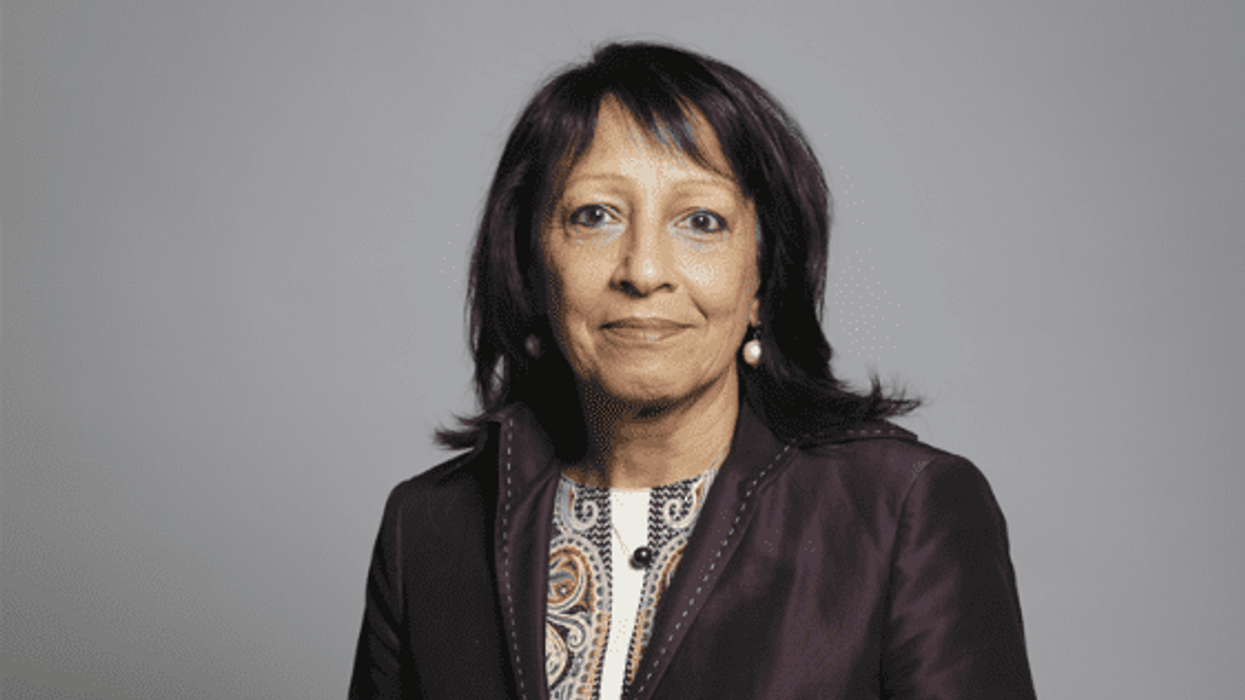THE Equality and Human Rights Commission (EHRC) has decided to close its investigation into its chairwoman, Baroness Falkner of Margravine, following internal allegations about her behaviour made by current and former staff members, reported The Times.
Critics argued that these complaints were ideologically driven, stemming from her stance on transgender rights.
The accusations against Falkner were leaked to Channel 4 News, a move seen as an attempt to prejudge the inquiry.
Concerned about the investigation's handling, women and equalities minister, Kemi Badenoch, sought an independent legal review, which led to the EHRC's decision to close the investigation.
The commission also acknowledged "process failures" during the inquiry, the report added.
Baroness Falkner, who had been under investigation for eight months, expressed her gratitude for the support she received and her commitment to public service.
“I am grateful to see an end to this investigation into unsubstantiated claims against me. I am also particularly grateful for the support and encouragement I have received, since the investigation into allegations against me was first disclosed. I have relished public service all my life and continue to do so with vigour and determination," she was quoted as saying.
Over 40 grievances were lodged by a total of 12 past and present staff members, accusing Falkner of engaging in bullying and harassment, within an unhealthy work environment. She refuted these allegations.
She added, “The organisation has been going through a transformation programme, to take clearer and more measurable action as the country’s regulator of equality law. Our staff are the most important element of achieving this change. I am proud that most have embraced the journey with a clear-eyed focus on the end goal – becoming the trusted equality regulator that serves everyone."
She conveyed her unwavering commitment to the role she undertook, emphasising her dedication to advancing equal opportunities and safeguarding the human rights of all individuals in Britain.
A source close to Badenoch praised Falkner for her adept handling of challenging issues and emphasised the importance of not hounding good public servants out of office.
The allegations against Falkner arose after the EHRC's 12 commissioners recommended that the government consider establishing a legal distinction between individuals born female and those who transition to become women, a decision that overruled concerns from the commission's management team.





